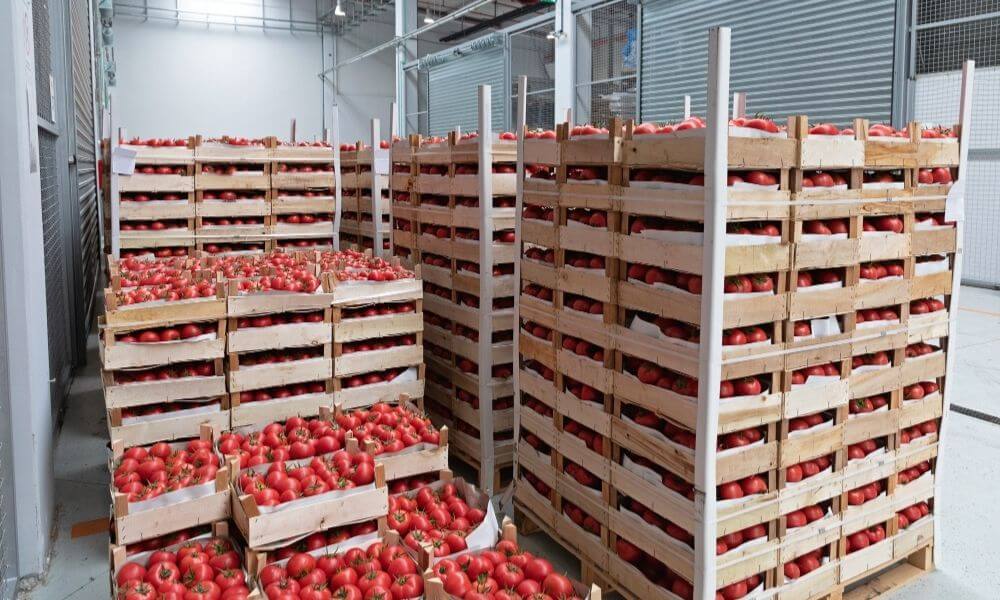- By falm
- January 15, 2021
- Buying Pallets, Pallet Maintenance
Transporting food products requires attention to various regulations and expectations. It’s important to follow them for the safety of your customers, workers, and company name. Follow specific laws in place for wooden pallets and store them correctly. Whether you are storing your food on them or transferring them to a facility, a dry and clean wooden pallet will always be the best option. Read more about wooden pallets and food safety here.
Taking Care of Wooden Pallets
When it comes to wooden pallets and food safety, be sure to purchase pallets that have been kiln-dried, which is the only way to properly dry the wood to prevent mold. Wooden pallets can be easily sanitized through heat treatment, and they will have the code HT on them to show that. Heat treatment ensures that all pests, organisms, microbes, and bacteria are gone. Clean, dry wood is not a breeding ground for bacteria, and it’s very rare that they harbor pathogens. They can even withstand cold and hot temperatures—just make sure those environments remain dry. Be sure to also check wooden pallets for protruding nails and splinters, as they can sometimes put holes in food products.
Safety Measures for Buying Used Pallets
Used pallets are a great option, but it is still important to follow FDA and Food Safety Modernization Act regulations for dry, clean, damage-free pallets. If you buy used, make sure to get good quality pallets that adhere to those regulations and check for codes to avoid unsafe food storage. Further, avoid pallets with MB (methyl bromide) on them because it means they were once used for items with that chemical. As such, they could still be contaminated and infect your products.
Laws & Regulations
Under the FDA, anyone who manufactures, processes, or packages food is required to follow specific regulations. They should record the lot number, code, and other food identifiers. Identifier requirements are stated in the food hygiene regulations and the Code of Federal Regulations Title 21 of the FDA. Sometimes there is an identifier for the pallet the food is shipped on. The law states that the processor must be able to connect the pallets, food lots, and the customer who received them. Furthermore, the Food Safety Modernization Act requires that pallets should not harm the food; wooden pallets that come into contact with food must be clean, dry, damage-free, and uncontaminated.
If you’re considering used wooden pallets for your food storage and transportation needs, visit First Alliance Logistics. Here, you will find reliable options at a lower cost to suit your storage and shipping needs.

